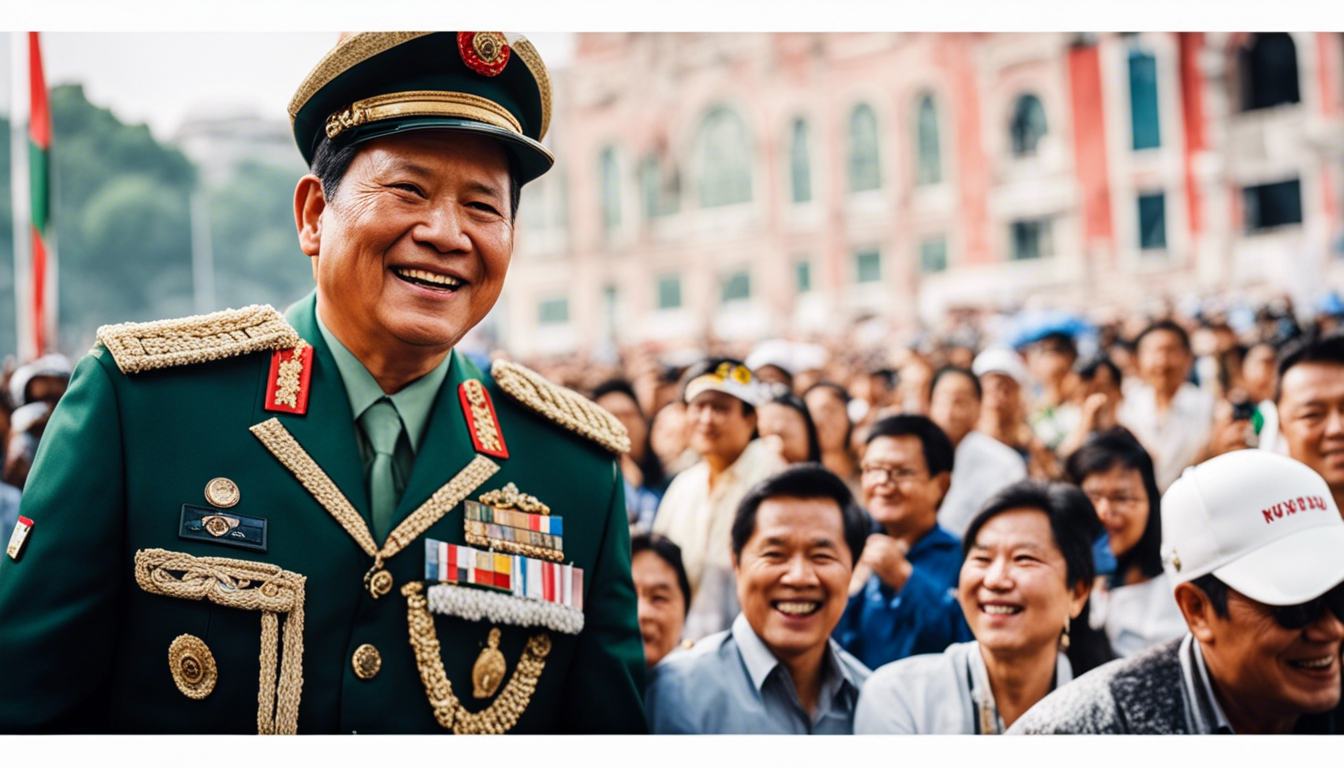
Indonesian presidential election: Former general linked to human rights abuses claims victory

The former general linked to past human rights abuses, Defense Minister Prabowo Subianto, 72, claimed victory in Indonesia's presidential election. The unofficial results suggest Subianto had 57% to 59% of the votes, according to tallies by Indonesian polling agencies, with more than 80% of the vote counted in sampled polling places. The official count may take up to a month to be completed, but the quick counts have historically provided an accurate picture of the election results in Indonesia since the country began direct voting in 2004. To avoid a runoff against his rivals, Subianto needs more than 50% of all votes cast and at least 20% in each of the country's provinces.
Challenges to democratic values and economic stakes
The victory raised questions about the commitment to democratic values in the world's third-largest democracy, particularly due to Subianto's background as an army general during the period of the Suharto dictatorship. The stakes are high for the United States and China as well, given Indonesia's huge domestic market, natural resources, and diplomatic influence in Southeast Asia. The next president will inherit an economy with impressive growth and ambitious infrastructure projects, including the ongoing transfer of the nation's capital from Jakarta to the frontier island of Borneo at a cost of more than $30 billion.
Logistical challenges and voter expectations
The election, involving balloting across 17,000 islands inhabited by 270 million people, was a logistical challenge, with ballots and ballot boxes transported by various means, including boat, motorcycle, and horse, in some far-flung locations. Aside from the presidency, some 20,000 national, provincial, and district parliamentary posts were contested, with tens of thousands of candidates participating.
Voters expressed hope that their next leader would help them achieve greater prosperity in a country where nearly a tenth of the population lives in poverty. The election also saw participation from first-time voters, such as 17-year-old high school student Indra Nurohim, who expressed hope for a better government.
Controversies and accusations
Anticipating victory, Subianto urged humility and unity, emphasizing that the win should be a victory for all Indonesian people. However, his candidacy has sparked controversy, particularly with his running mate being President Joko Widodo's son. Critics have accused Widodo of attempting to build a political dynasty, despite his status as the first president to emerge from outside the political and military elite since the end of Suharto's dictatorial rule in 1998.
Subianto's campaign sought to soften his image through the use of AI and social media platforms, portraying him as a grandfather figure to his youthful running mate. Meanwhile, other candidates, such as Anies Baswedan, have expressed concerns about the decline in trust and quality of democracy in Indonesia, given the election dynamics.
Economic prospects and vision
Under Widodo, Indonesia experienced remarkable economic growth, with an annual average growth rate of 5%, except in 2020, when the economy contracted due to the coronavirus pandemic. The economic roadmap, "Golden Indonesia 2045," projects that Indonesia will become one of the world's top five economies, with a GDP of up to $9 trillion, exactly a century after it gained independence from Dutch colonizers.
The election outcome will not only shape Indonesia's political landscape but also have significant implications for its economy and diplomatic relationships with other global powers.
Share news















